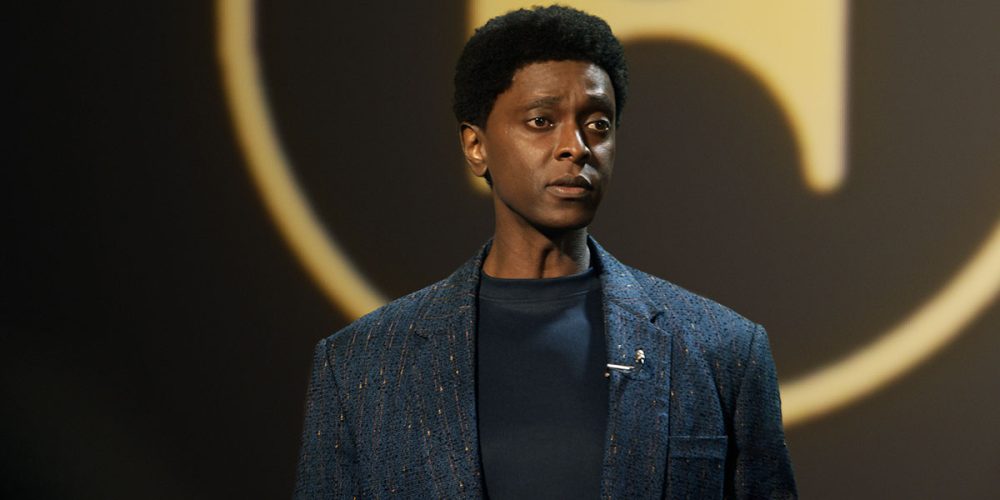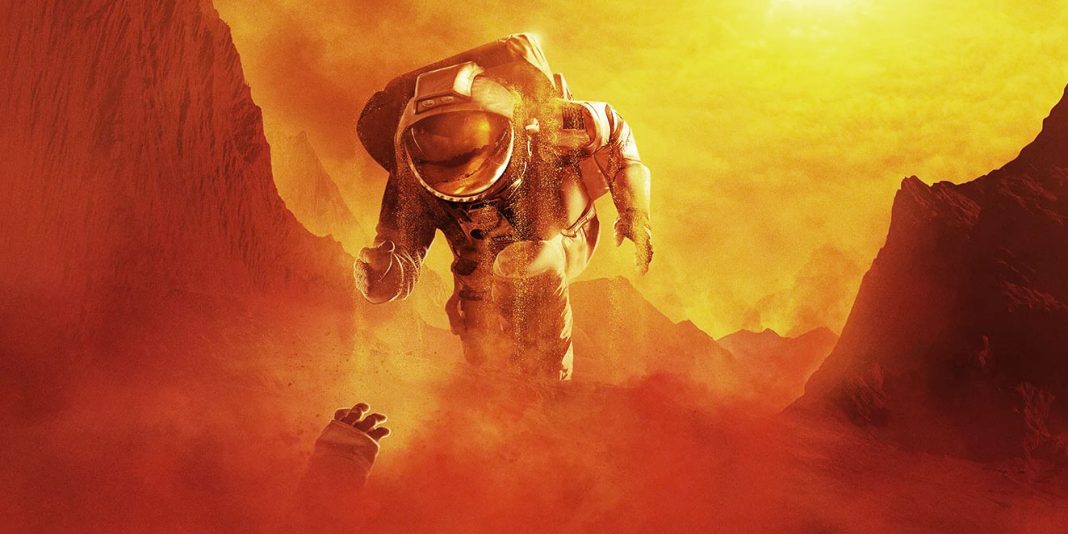The following review is based on episodes 1-9 of Season 2 of For All Mankind.
As with every season of For All Mankind, Season 3 starts with another time jump, leaping forward another full decade and throwing us into 1993. As the show deviates further and further from our own timeline into their alternate universe where the Soviets first landed on the Moon, the series also spreads out deeper into space. While the idea of privatized space travel is something that is rather new to us, in the For All Mankind universe of 1993, commercial space stations have already become a part of the industry.
For All Mankind is successful specifically because of these great jumps in time. Starting the story in 1973 offered an opportunity to see where our timelines diverged, but jumping into Season 2 was refreshing to see what our protagonists had accomplished in a decade. This new jump into 1993 delivers yet another look, this time into a changing of the guard between generations. As astronauts like Molly (Sonya Walger) and Ed (Joel Kinnaman) face the end of their careers at NASA, we see that the next generation is already moving in. Aleida (Coral Peña) is now an established NASA engineer with her own family, Danny (Casey W. Johnson) is getting married and an official astronaut just like his parents, and Kelly (Cynthy Wu) is headed to space.
While Season 2 certainly had its moments, like in the finale when Tracy (Sarah Jones) and Gordo (Michael Dorman) sacrificed themselves to save Jamestown, Season 3’s evolution in bringing in the younger generation fully offers an exciting look at the transition period between eras. While not everyone is moving on, many of the characters from the first season have reached or are reaching the peak in their careers. Karen (Shantel VanSanten) is running Polaris, a space resort. Ellen (Jodie Balfour) is running for president against Bill Clinton. Margo (Wrenn Schmidt) is now head of NASA, though she’s still communicating with Sergei (Piotr Adamczyk) which can only spell bad news for her. Danielle (Krys Marshall) has been given the command of the ship that is headed to Mars (much to Ed’s chagrin).
As the show moves closer and closer to our current day, we begin to see more and more familiar elements, along with the result of being 20 years down the line of an alternate universe. A manned mission to Mars is set not only by NASA and the Soviets but also by the private company Helios Aerospace. Leading Helios is Dev Ayesa (Edi Gathegi), a character who is familiar as a tech genius. Partly callous, partly inventive, fully ambitious, and hungry to prove himself. While Dev is clearly allegorical to figures like Elon Musk, his presence also marks a more sci-fi slant to the season, as does Karen’s destroyed space hotel Polaris.
This is not necessarily a bad thing, since it seems inevitable that we lean into the ‘what ifs’ of the future. The series is grounded by its performances. Kinnaman’s Ed is older and a little bit more desperate, wanting to make one last big mission before he ages out of being an astronaut. Marshall’s Danielle takes on a stronger leadership role, one that pulls her out of the orbit of a supporting character and into the lead. The dynamic between Danny and Karen hasn’t fizzled out, in fact, for Danny, his crush is still there even after he gets married.

The new space race to Mars offers plenty of room for conflict and the series takes it and runs with it. Not only is NASA competing with the Soviets, but both countries must face off against Helios, a company that isn’t bogged down by government bureaucracy. And, with Ed leading the Helios’ ship Phoenix, with his own team of astronauts, the journey and mission are totally riveting. There isn’t much conflict on Earth that isn’t intrinsically tied to the Mars race, and the few that are more extraneous like Jimmy, Danny’s brother, and his conspiracy storyline. In the face of much bigger problems, the fake news angle and conspiracy angle is a little tiring and ultimately drag down an otherwise exciting season.
Three seasons in, For All Mankind makes a compelling case for its existence in the vast television landscape. A unique story that relies heavily not only on the characters’ connections to each other but also on toeing the line between history and sci-fi keeps me coming back to the series. The epic scope of space travel and exploration plays perfectly off of the intimate relationship between these complicated characters. With a Season 4 possibly in the future, this series continues to fire on all cylinders.
Grade: A








IMO, best show on TV. Anyone slightly interested in space or science fiction will love this alternate Earth where space exploration didn’t end after Apollo.
Comments are closed.